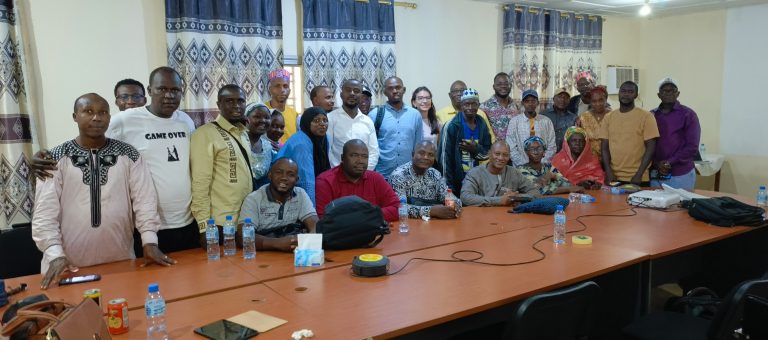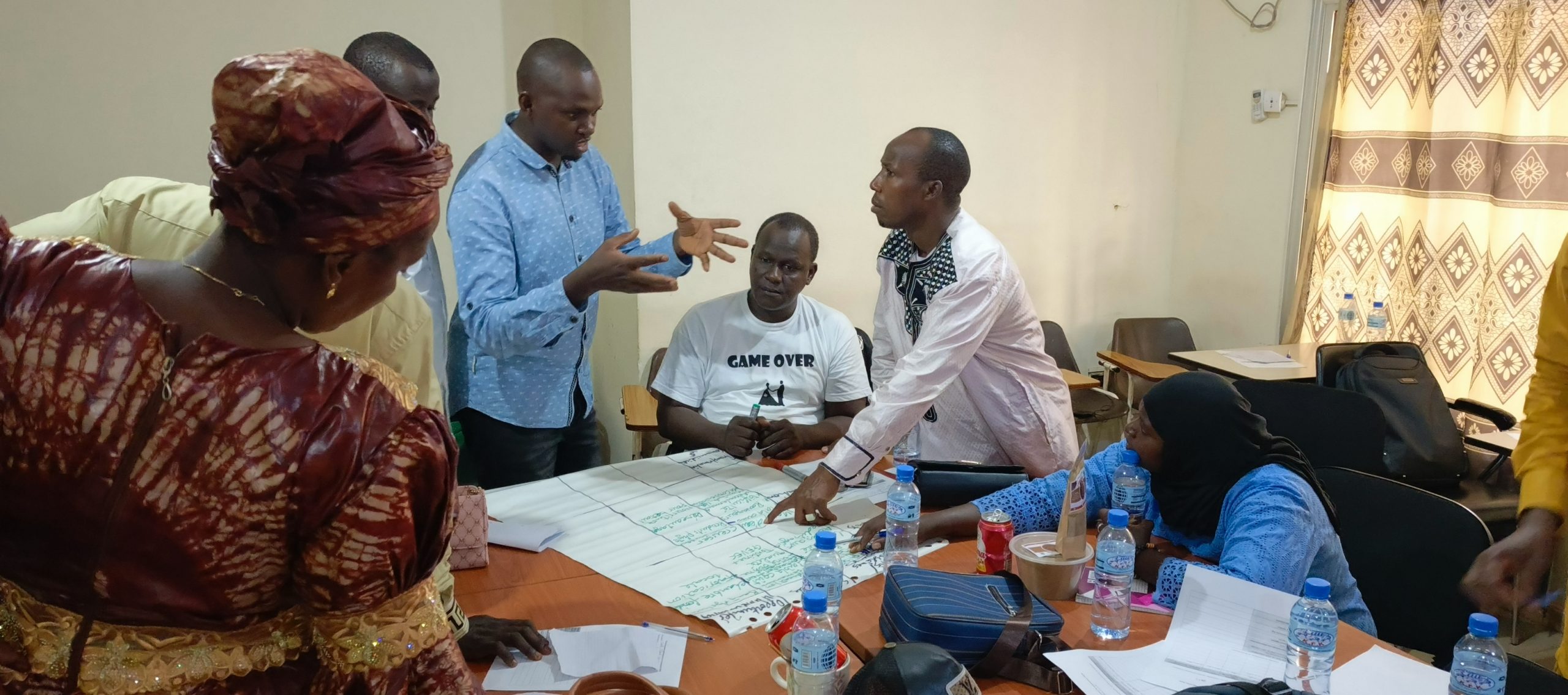
How do you turn a big vision into real, grounded collaboration in the field? In Guinea, the Agriéco Guinea project aims to strengthen the pineapple, potato and vegetable value chains by supporting a shift to more sustainable and agroecological practices. But no transition happens in isolation. Farmers, traders, processors, cooperatives, and support services must work together, not just in theory, but in practice, with shared goals, risks and benefits. And that’s where iCRA comes in.
Our approach
At iCRA, we support trust-based business partnerships, what we call agribusiness clusters, to make local value chains more inclusive, competitive and resilient. In this project, we work hand in hand with local actors to facilitate collaboration, build skills, and shape strong local networks. Our approach combines action-learning, coaching, and mentoring to help stakeholders identify shared opportunities and overcome business, technical and relational challenges.
What we’ve done so far
In April 2025, iCRA facilitated two participatory workshops in Kindia and Mamou to kick off our cluster support in Guinea. These events were designed to:
- Introduce the Agriéco project and agroecological principles
- Present the agribusiness cluster approach and the TAPE tool (for assessing agroecological practices)
- Reflect together on current practices and identify joint opportunities for change
The workshops brought together farmer organizations (like FEPAF, FPFD, FOPMA-BG), local authorities, Enabel teams, and partners like DID, EUCORD and COLEAD. The sessions were dynamic and insightful, while participants were quick to engage with the idea of clusters as a way to organize collaboration and improve coordination in the value chains.
Following these workshops, we conducted a baseline diagnosis of existing and emerging cluster dynamics in the pineapple, potato and vegetable chains. Through focus groups and interviews, we mapped out:
- Who’s already working together (and how)
- The performance of these emerging clusters
- Key governance, finance, and market challenges
- Opportunities for strengthening collaboration
This diagnostic forms the backbone for the next phase: designing strategic support to boost competitiveness and guide the agroecological transition.
What’s next
In the coming months, iCRA will co-organize Diagnostic & Design (D&D) workshops with key actors from the clusters to co-create their development plans. Based on these, we’ll roll out action-learning coaching cycles, where local agribusiness coaches, trained and mentored by iCRA, will guide the clusters in improving production, strengthening market links, and building more trust-based, inclusive partnerships.
Why it matters
By strengthening local agribusiness clusters, we’re helping to reduce transaction costs, improve product quality, grow businesses and ultimately, make the pie bigger for everyone. At the same time, we’re nurturing a new generation of local leaders and coaches equipped to guide the transition beyond the life of the project.


